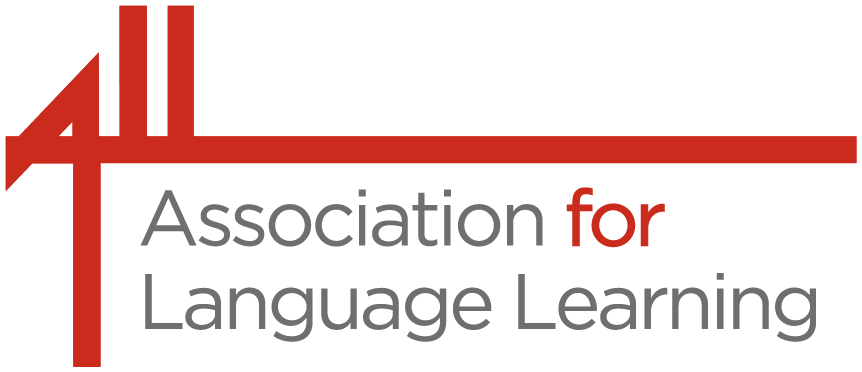In March my school took part in a pilot inspection for the new Ofsted framework that has now come into effect (September 2019). The inspection was a voluntary trial so we had received notification of dates but did not know any further details until our head received ‘the call’ the day before the inspection. We received no formal feedback but the experience was, nevertheless, very interesting and informative.
My understanding is that our head teacher had an in-depth call deciding the areas to experience a ‘deep dive’, reading, maths and Languages, and to create an outline for the following 2 days. There was a meeting that followed the call which was the first opportunity for staff to see the itinerary, including which subjects were to experience the so called ‘deep dive’. The outline we were given clearly showed what the deep dive would entail in terms of observations and meetings.
The plan for my day was as follows:
• Meeting between subject leader and inspector, looking at curriculum planning.
• Lesson observation with focus on MFL (Up to 4 suggested)
• Discussions with pupils and focused work scrutiny.
• Meeting with observed teacher(s) and inspector to discuss content, pedagogical choices and sequencing of MFL, with examples of work.
The day of the inspection:
My school is a 5 form entry junior school which employs specialist teachers in Languages, Music and PE to cover PPA. I am the only teacher of German at the school, so my experience will obviously differ from those in schools where Languages is taught by the class teacher or where there are peripatetic language teachers. I can only speak of my experience but hopefully will be able to provide insight into what to expect from a ‘deep dive’ under the current framework.
The initial meeting was to discuss my scheme of work and subject report, a document each department produces annually outlining our intent, implementation and impact, which had already been read by the inspector.
I was asked how I set up the SoW; why topics were chosen; the sequence of learning; progression, particularly in regard to writing; whether the SoW was skill or vocabulary focused; how I assess progress; how data is used after assessment; what knowledge is ‘sticky’ and how it can be applied in different contexts and subjects; interventions for vulnerable, SEND and more able pupils; who I was accountable to; what institutions, schools and groups I work with; what CPD I had recently had.
Following the interview I had the first of two lesson observations, carried out by the head teacher and inspector. I was given time to start my lesson while one of the other specialist teachers was observed. We have hour long lessons, of which about 20 minutes was seen. The second observation was for about 30 minutes before the inspector asked to take out some pupils to discuss their work and opinions of the subject. Pupils were asked about what they learn in German, how they find lessons and the subject and about cultural or international activities held at the school. Two of the pupils were ‘Language Leaders’ at the school and were asked about their roles and responsibilities.
At the end of the school day I had a final meeting and was asked to take a range of books from the lessons that had been observed. We discussed the work prior to the lesson and my planning for the next lessons. We talked about the pupils’ work and the inspector asked about the level of challenge and was particularly interested in the work of the more able and SEND pupils in the class. After a very busy first day there were no more observations or interviews for Languages. As stated, we did not receive formal feedback but I was told that comments were positive. The experience, as a whole, was incredibly intense and rigorous but I felt satisfied with the outcome and pleased that I was able to talk about and share the work that I do for my school and my subject.
Alana Seaman, Ravenscote Junior School

